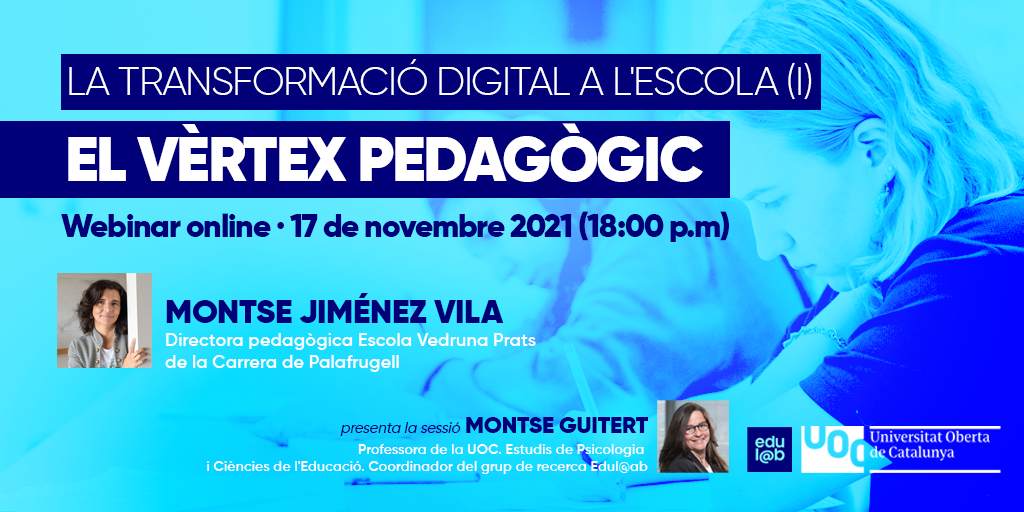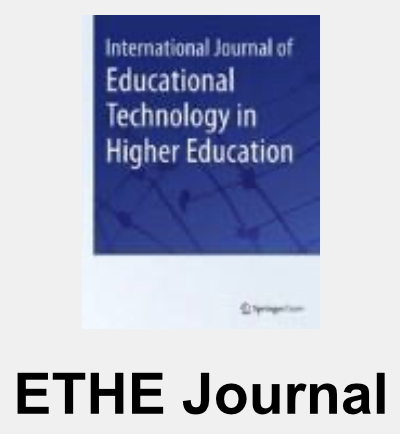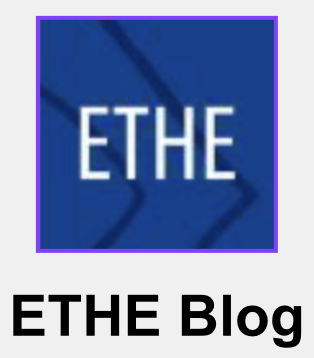EDUL@B participates at the E+ DETECT project’s kick-off meeting
Edul@b at work!
So far, this is the starting point of a three years long journey for Edul@b (represented by Teresa, Marc and Juliana) into a highly necessary discussion: to address the critical dimension of digital competence. The kick-off meeting was held at the University of Hull, coordinator of the project.
In past years we mostly saw in the digital technologies, and later on in social media, new opportunities for education. Novel tools were and keep being used by schools to support teaching, learning and interaction (Rosenberg et al., 2018), to facilitate teachers’ professional development (Lantz-Andersson et al., 2018) and promote online school-related conversations with parents and other audiences (Kimmons et al., 2018). Despite these educational and other opportunities, their use started challenging existing pedagogical models and raised many questions in relation to how the educators could appropriate of all this wealth for their pedagogical practices. Ensuring that digital technologies are used in pedagogically meaningful ways to support teaching, learning, communication, collaboration was a first issue. And then we entered in the era of fake news and the oversharing of student-related, sensitive data. So the technologies raised more questions than certainties. And it emerged the pressing need to cultivate ‘a critical disposition in a context in which technical proficiency was being prioritised (Pangrazio, 2016, p. 163).
A common concern emerged and was shared by the institutions engaged in the preparison of what was going to be DETECT: Notwithstanding the importance of acquiring technical skills, enhancing teachers’ critical disposition and critical digital literacies is compelling as these competences are transferable across digital contexts and, therefore relevant to the fast-paced realities of everyday digital practices (ibid).
So, what is DETECT about?
The project aims to raise awareness amongst educators and support them in developing critical digital literacies in relation to the use of digital technologies and social media. This will involve reconceptualising the notion of digital literacies in order to look beyond functional ICT skills and e-safety and encompass instead a richer set of critical digital literacies that are tailored specifically to educators’ personal and professional needs within a school context.
This 36 month project involves a consortium that consists of the following nine partners in four EU countries: i) four HEIs and one research institute with expertise in the fields of digital technology use in schools, digital literacies, teacher training and e-learning; ii) four partners schools who have been active adopters of a range of digital technologies and social media tools and are keen to enhance their understanding and competences in relation to critical digital literacies.
The planned activities include the production of four intellectual outputs, three learning, teaching and training activities and two multiplier events. The intellectual outputs will consist of a scoping study and the development of a critical digital literacies framework, a MOOC, an online toolkit for schools and academic outputs.
It is anticipated that this project will have theoretical, policy and practice impact.
So we’ll be happy to share discussions, inputs and project’s discuss with as many as possible interested teachers, educators, academics and families!
Marc, Teresa & Juliana







